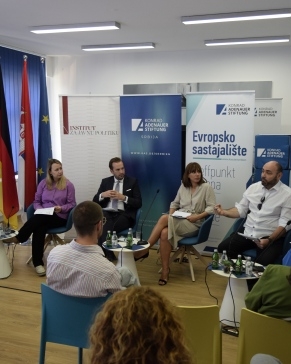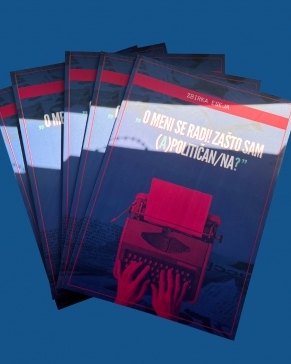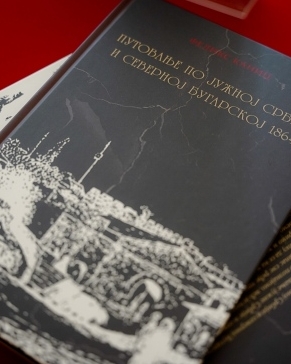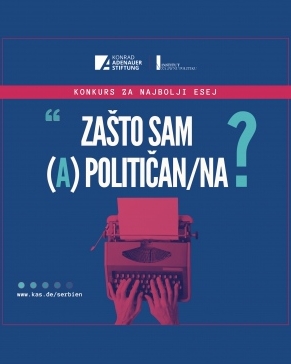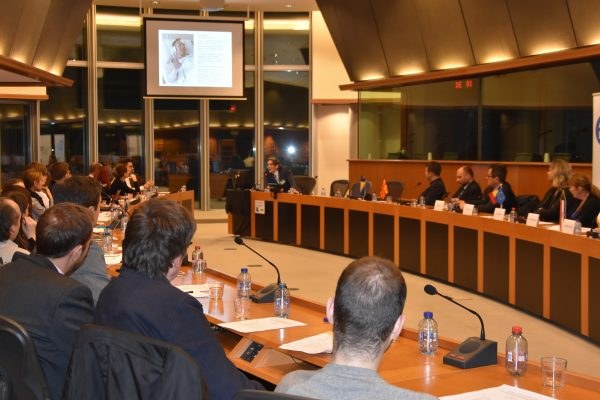
On 7th March, the Committee on Civil Liberties, Justice and Home Affairs in coopearation with the consortium of 8 organizations, among which Public Policy Institute, held a public hearing in the European Parliament on “Media Clientelism Index: Measuring Media Realities in Six South East European Countries”.
Media clientelism index (MCI) measures the risks of clientelistic practices, the existence of such practices, as well as the potential of the society and the state to address the issue of clientelism in media, as well as other issues connected to the functioning of the media industry.
MCI 2016 recorded most significant decline in Serbia and Romania in comparison to previous year measurement. Croatia is placed well ahead of Serbia, however, the overall picture in Croatia has deteriorated, as well. The 2016 measurement indicates that the situations in Serbia, Montenegro and Macedonia are very similar, thanks to the similar dynamics of political activity in these countries in the previous year. A considerably worsening of media picture, i.e. risk of clientelism in the media, was
recorded in Romania, which corresponds to the actual state of affairs, i.e. to significant political intervention in the media in the previous year.
The public hearing was chaired by MP Monica Macovei (ECR). In her opening speech, Macovei emphasised a critical need for media ownership transparency:
We need to know who the real owners of the media are. This is expected to be achieved within the 5th Anti-Money Laundering Directive, to achieve full ownership transparency.
MP Željana Zovko (EPP) urged the media to be held responsible to the citizens rather than to be political servants. She also mentioned that the heavy burden of ethnic divisions in Bosnia and Herzegovina and the serious lack of transparency in money allocations to media from state budgets affect the media landscape.
Sabine Zwaenepoel, Coordinator of the Centre of Expertise on Rule of Law and Fundamental Rights (DG Near) emphasised that none of the countries recorded progress; but some countries, in fact, recorded a deterioration in the media freedoms aspect.
The research was conducted within the framework of the Civil Response to Clientelism in Media – MEDIA CIRCLE project financed from the Instrument for Pre-accession Assistance by the European Union (IPA) Civil Society Facility (CSF). The project leader is the Partnership for Social Development, with a consortium comprising eight organizations, including the Expert Forum from Romania; BH journalists and VESTA from Bosnia and Herzegovina; the Public Policy Institute from Montenegro; the Public Association for Research, Communications and Development from FYR Macedonia; the Independent Journalists’ Association of Vojvodina and the Lawyers’ Committee for Human Rights (YUCOM) from Serbia.

